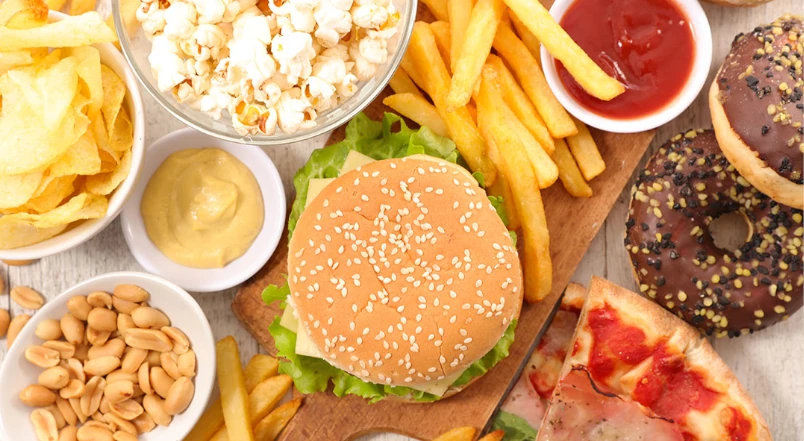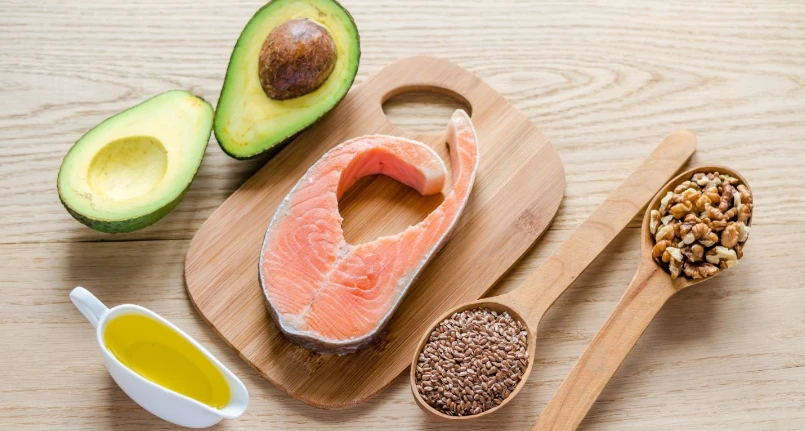Arthritis: different inflammatory states
Arthritis is the medical term for inflammation in one or more joints . There are different forms of arthritis, with specific causes and characteristics. Arthritis is a common health condition that causes pain and damage to joints, bones and other parts of the body depending on the type. Osteoarthritis, for example, which is non-inflammatory, is the most common, although there are over 100 types . In fact, up to 40% of men and 47% of women may be diagnosed with osteoarthritis during their lifetime. Rheumatoid arthritis (RA) and psoriatic arthritis are alsoconsidered inflammatory conditionsautoimmune diseases . Gout is another common type of inflammatory arthritis .
Symptoms
Most of the symptoms that signal the onset of arthritis involve the joints of the human body .
Typical manifestations of joint inflammation are:
- Ache
- Joint stiffness
- Joint swelling
- Redness and feeling of heat
- Reduced ability to move
There are forms of arthritis that also affect non-articular anatomical areas, such as the skin , the eyes , the respiratory system or the lympho-glandular system .
Arthritis: what to avoid at the table
A diet that includes certain foods and excludes others can reduce the severity of symptoms in people with inflammatory arthritis and osteoarthritis , as well as improve their overall quality of life.
Added sugars
Sugar intake should be limited regardless of the inflammatory state of the body, but especially in case of arthritis. Added sugars are found in candy, soda, ice cream , and numerous other foods , including less obvious ones like barbecue sauce , ketchup , or hamburger buns . Sugary soda and desserts are the foods that most commonly worsen rheumatoid arthritis symptoms. In addition, they can significantly increase the risk of joint inflammation.
Red and processed meats
Some research links red and processed meat to inflammation that can increase arthritis symptoms. For example, diets high in red and processed meats cause high levels of inflammatory markers such as interleukin-6 ( IL-6 ), C -reactive protein ( CRP ), and homocysteine . Clinical evidence has shown that red meat commonly worsens rheumatoid arthritis symptoms. Conversely, plant- based diets that exclude red meat improve arthritis symptoms.
Gluten
Gluten is a group of proteins in wheat , barley , rye , and triticale (a cross between wheat and rye). Some research links it to increased inflammation and suggests that a gluten-free diet can significantly ease arthritis symptoms. Additionally, people with celiac disease are at a higher risk of developing rheumatoid arthritis. Similarly, individuals with autoimmune diseases such as RA have a significantly higher prevalence of celiac disease than the general population.
Here the gluten-free cheeses
Processed and processed foods
Ultra-processed items such as fast food , breakfast cereals and baked goods are typically high in refined grains, added sugars, preservatives and other potentially inflammatory ingredients, which can worsen arthritis symptoms. Western diets high in highly processed foods may increase the risk of RA by contributing to inflammation and risk factors such as obesity . Additionally, in a study of 56 people with rheumatoid arthritis, those who ate higher amounts of ultra-processed foods showed increased risk factors for heart disease ., including higher levels of glycated hemoglobin (HbA1c), a long-term marker of blood sugar control . Therefore, processed foods can worsen overall health and increase the risk of other diseases.
Spirits
Because alcohol can make arthritis symptoms worse, anyone with inflammatory arthritis should limit or avoid it. People with axial spondyloarthritis —inflammatory arthritis primarily affecting the spinal cord and sacroiliac (SI) joints—who consume excessive amounts of alcohol, for example, have increased structural spinal damage. Alcohol intake can increase the frequency and severity of gout attacks and the risk of osteoarthritis.
Salt-rich foods
People with arthritis should follow a low sodium diet. Foods high in salt include shrimp , canned soup, pizza , some cheeses , processed meats, and numerous other processed products.
A low-salt diet reduces the severity of rheumatoid arthritis symptoms and manifestations compared to a high-salt diet. This is especially evident in the lower risk of cartilage breakdown and bone destruction as well as lower inflammatory markers .
Advanced glycation
Advanced glycation end products (AGEs) are molecules created through reactions between sugars and proteins or fats. They exist naturally in raw animal foods and are formed through certain cooking methods . High-protein, high-fat animal foods that are fried , roasted, grilled, or seared are among the richest food sources of AGEs. These include bacon , pan-fried or broiled steak, roasted or fried chicken and grilled hot dogs , French fries, margarine , and mayonnaise. When AGEs accumulate in high amounts in the body, oxidative stress and inflammation can occur. Oxidative stress and AGE formation are linked to disease progression in people with arthritis .
To improve things, exposure to the sun can help.
To counteract arthritis, oral hygiene also plays its part.




